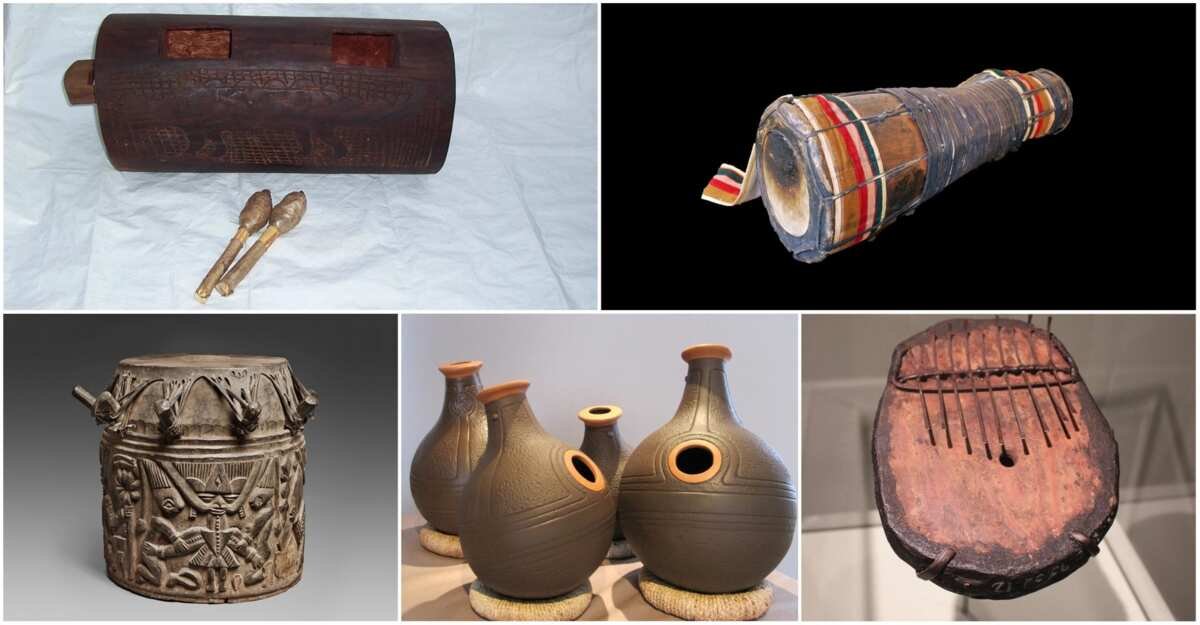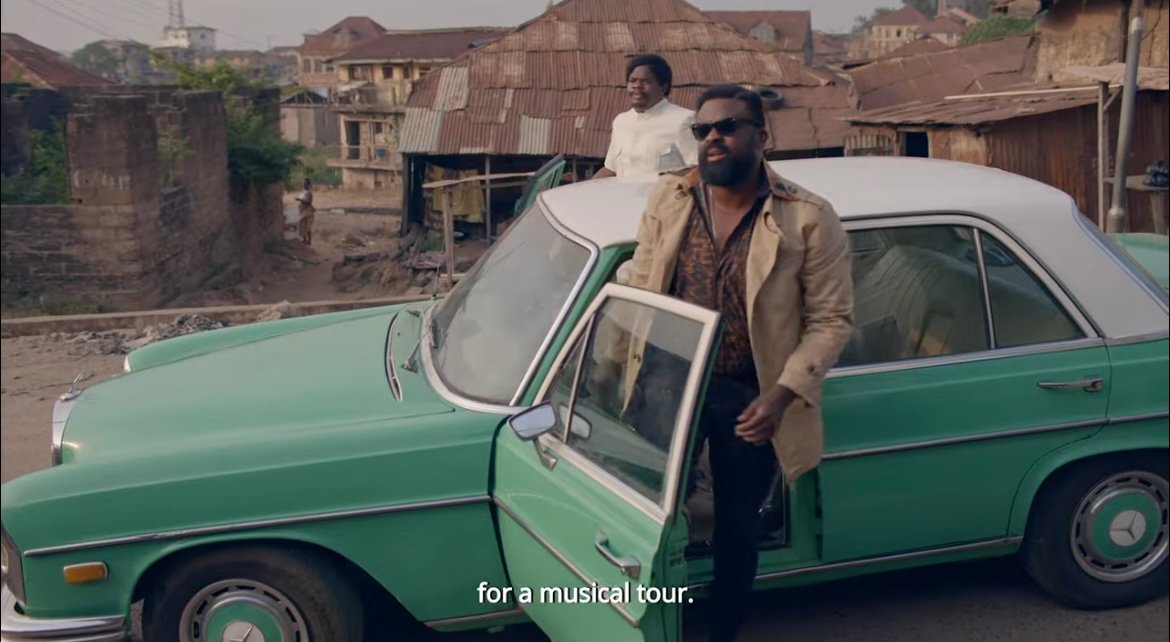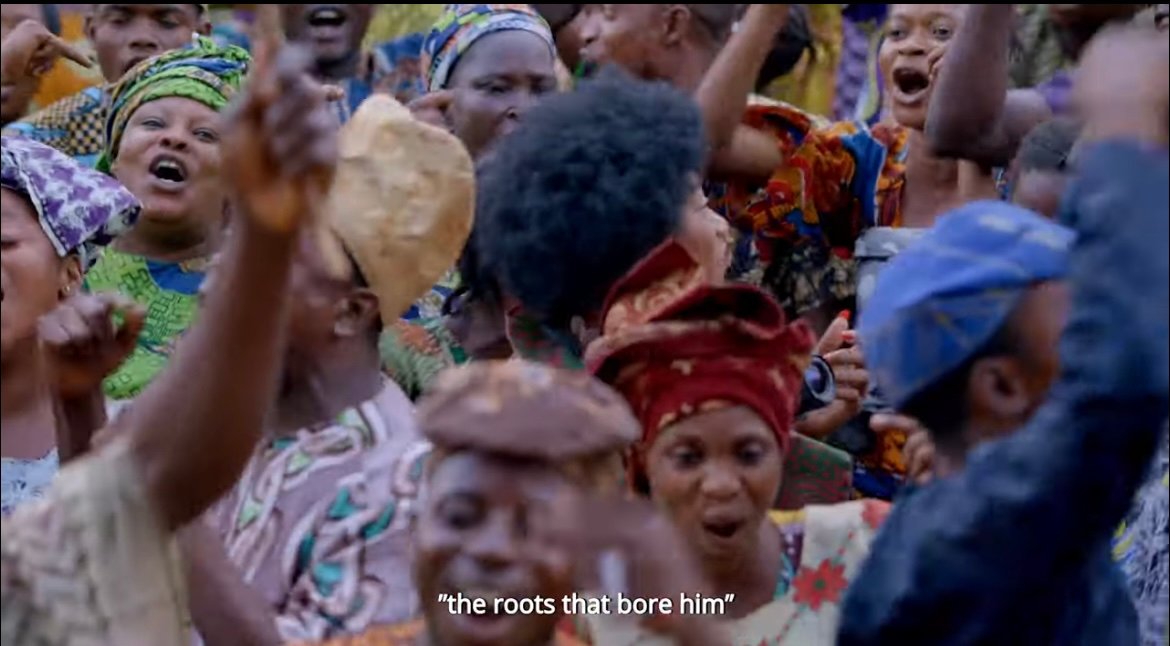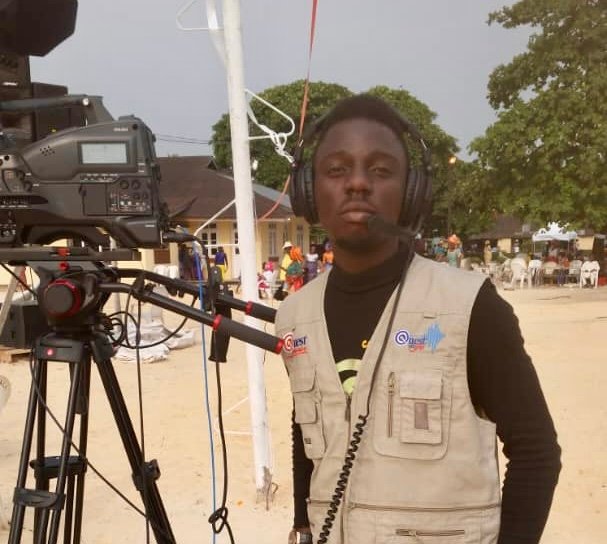Over fourty years since the death of the founding father of Apala music, Ayinla Omowura. Apala represents a fusion of Yoruba Language, and traditional instruments such as talking drums (gongo) , a rattle (sekere), thumb piano (agidigbo) and a bell (agogo).

Ayinla Omowura, popularised this genre in parties, royal gatherings and attended events. As a performer including hosting concerts across south-western Nigeria and the United Kingdom in the 70s. It is no wonder Tunde Kelina sought to make a biographical movie of Ayinla Omowura.
In collaboration— TKO Pomulero, a merger of Tunde Kelani and Kunle Afolayan amongst others. Greoh Media by Jade Osiberu and the film editing and production company, The 7eventh Studio owned by Joshua Oyivwin (aka Joshua Cassidy). This trio birthed something gravitating, in the film production industry—gearing towards a memorable biopic production of an exited icon.

[Left: Anyinla Omowura, Right: Adedimeji Lateef (Ayinla Omowura cast)]
The film “Ayinla” which underwent production in 2020 and premiered on 18th June 2021– was a Nigerian biopic musical drama. That tells the story of the Apala master, Ayinla Omowura. A popular Nigerian musician in the 1970s featuring the rise and fall of his career.
The film explored his personal life, rise into fame, and his impact to the musical scenes. Remarkable for its captivating storytelling, powerful performances, and how Joshua Cassidy beautifully captures the essence of Ayinla Omowura’s music through angles and edits—enabling the movie to electrify Nollywood.
A technique Joshua Cassidy implemented is the cross-cutting (parallel editing) method, and linear direction in film making popularly known as the 180-degree rule. He co-directed and chopped scenes to accumulate what ended up becoming this masterpiece.

Image of Joshua Cassidy and Tunde Kelani (2020).
His techniques shuffle different scenes or periods, to create a stream of connection. And hues of contrast from colour preferences in clothing and backgrounds to filtered effects to keep the audiences engaged. In the course of filming a smooth transition. Like match cuts or dissolve transitions, to seamlessly merge the scenes together was also spotted thereby blurring obvious transitions.
All of these techniques gave the film a cohesive and fluid feel (i.e., possibility to attaining any shape) to outburst multiple emotions from joy to sadness into suspense—blurring lines between emotions.
Allowing the story to reveal itself in bits through visually captivating scenes from Ayinla Omowura introduction to Native doctor for juju charms, to acquire spiritual protection, into meeting a record label owner, Mr. Ajala. Who promised to make his Apala music global and his performances in London a dream come true.

It’s truly impressive how the editing team brought all these elements together—to create a seamless and immersive viewers experience for those who have seen and would come to see the biopic.
The lead role of Ayinla Omowura was portrayed by Adedimeji Lateef, a renowned Nigerian actor known for his versatility and captivating performances. Other notable cast members included Bimbo Manuel, Kunle Afolayan (also among the directing team), Omowunmi Dada, and Debo Macaroni.

(Left to right: Adedimeji Lateef, Tunde Kelani, Omowunmi Dada, Kunle Afolayan, and Debo Macaroni).
Each actor established their unique talent and sets of skill in their respective roles. Making the movie a truly immersive experience, and also a credible work for the editor. Their performances added depth to the movie and retained the authenticity of the original characters, allowing their audiences to connect with the story on a deeper level.
The energy in the room was infectious, and everyone couldn’t help but dance and sing along. Ayinla Omowura truly left a lasting impression on the London music scene for the Yoruba culture in that terrain, showcasing the beauty and richness of Nigerian music to a global audience.

The directing and editing beautifully captures the essence of Ayinla Omowura’s music and brought it to life— featuring a mix of traditional Nigerian music, particularly the Yoruba genre, and contemporary sounds. The songs were performed with such passion and emotion, reflecting the depth of Ayinla Omowura’s music and the impact it had on Nigerian culture.
It is important to announce that “Ayinla” is a masterpiece—The film beautifully captures the essence of Ayinla Omowura’s life and music. The editing work in the movie was phenomenal, seamlessly blending scenes from different eras in telling his story. The image quality characterized that the directors and editor, Joshua Cassidy of The 7eventh Studio implemented the use of quality equipments.

And the compilation of shots created captivating narrative flow. Building the emotional impact of the film, allowing viewers to connect with Ayinla’s journey on a deeper level rather than previous knowledge that presented him as a troublemaker whose songs were a diss to other musicians and bragging of spiritual powers—rather each scene presented the decisions he had to take to protect himself.
In the course of directing, the live music performances exposed Ayinla Omowura’s songs as reflection of the struggles, hopes, and dreams of the everyday Nigerian. His lyrics touched on social issues, love, and the realities of life, making him a voice for the people.

Ayinla Omowura’s music became a soundtrack to the lives of many, and his performances were legendary. Drawing massive crowds which was also made possible to have a remodel of these scenes in the biopic—presenting the directors and editor put in the work.
Ayinla Omowura’s prediction of his own death in a live performed song titled “Ise Ile Oba,” he sang about the possibility of his own demise. Which was also featured in the movie as a live performance. While some interpreted it as a premonition, others saw it as a reflection of the dangers and uncertainties faced by musicians in the industry. Regardless of the interpretation, it’s a testament to Ayinla Omowura’s ability to express his emotions and experiences through his music.

The movie precisely showed his manager, named Fatai Bayewumi (Debo Macaroni), who tragically took his life during a disagreement over finances. This shocking incident occurred on May 6, 1980 in a local bar, leaving passerbys wondering of his juju charms had failed. Ayinla Omowura’s untimely death was a tremendous loss for the music community, his fans, and the nation as he was widely mourned. It stood as a reminder of the complexities and challenges that artistes can face in their careers.
Of which the editor matched numerous scenes, to bring alive this moment in the movie. For the younger generations to see the eclectic nature of his work— “Ayinla” which had four nominations at Africa Movie Academy Awards and was an awardee of a category. It was also ranked the 7th grossing movie in the Nollywood industry as at 2021 by ComScore.

“Ayinla” was a good biopic for music lovers. And anyone interested in the life of this legendary Nigerian artiste. Who had self doubt in his craft at first—then ended up surpassing his limitations into a realm that brought his own end.
TRAILER:







